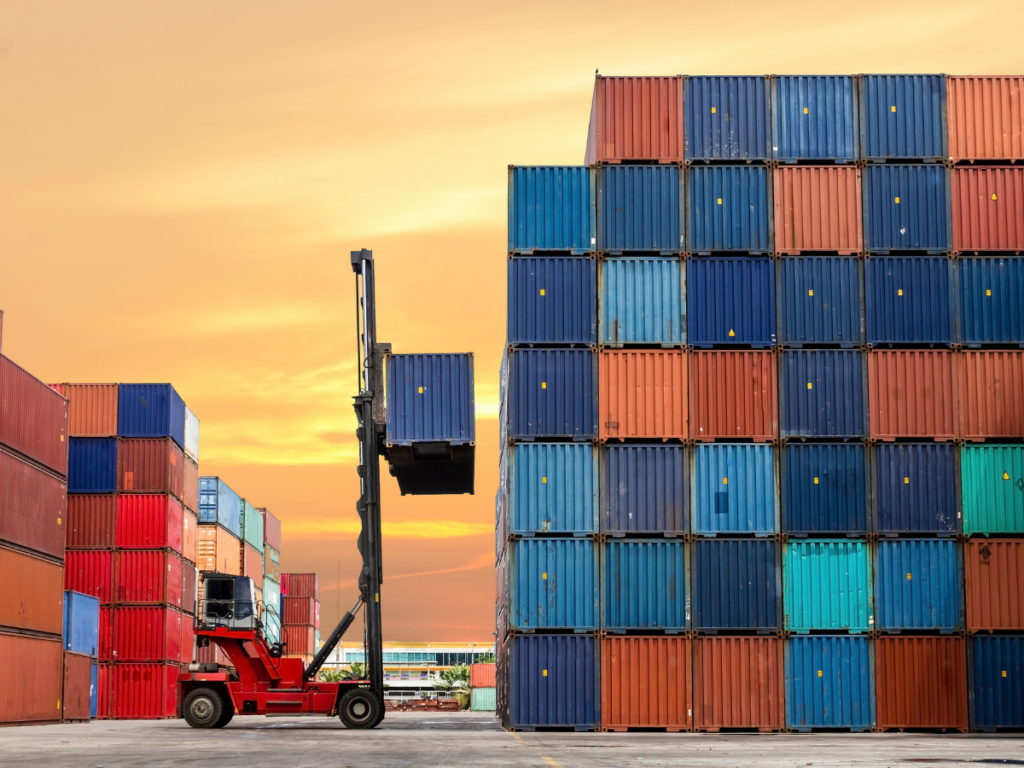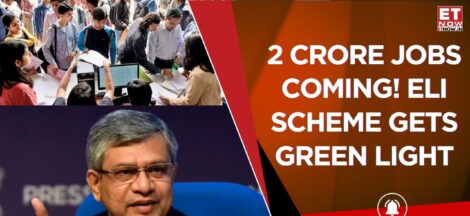NEW DELHI: India has begun an exercise to review its trade agreement with Malaysia amid rising trade deficit with the Southeast Asian country and is examining the rules of origin under the pact.
The India-Malaysia Comprehensive Economic Cooperation Agreement was signed in fiscal 2011 when the trade gap was $2.6 billion, which doubled to $5.5 billion in FY24. The commerce department is also drawing up a list of non-tariff barriers faced by Indian industry while exporting to Malaysia, officials said.
India’s major exports to Malaysia are petroleum products, aluminium products, buffalo meat, organic chemicals and electric machinery and equipment, while the key imports are vegetable oils, electrical machinery and equipment, petroleum products, nuclear reactors, boilers, machinery and mechanical appliances, and chemicals. Light naphtha has emerged as a new export product to Malaysia. “We are discussing with exporters if there are any issues with the rules of origin and non-tariff barriers such as sanitary and phytosanitary standards and technical barriers to trade as these impact the trade deficit,” said an official.
The pact is a comprehensive agreement that covers trade in goods and services, investments and movement of natural persons.
The government aims to conduct extensive consultations with the trade and industry sectors and discuss flexibility in rules of origin as it seeks a higher share in the global value chains. Rules of origin are the criteria which determine the national source of a product and thereby the duty concessions.
“Besides balancing the trade, the review will help identify new products and resolve issues in the petrochemicals, plastics and pharmaceutical sectors,” said an industry representative.
The review is significant as both countries offered tariff cuts beyond those in the India-Asean free trade agreement. Malaysia is part of the 10-member Asean.
“The major imports are palm oil, petroleum and electronics including computers, key commodities which India needs. FTA review may not be helpful to cut most such imports,” said an expert on trade issues.
Source: The Economic Times




 GST Council To Discuss Slabs Rejig, Give Relief On Health Insurance
GST Council To Discuss Slabs Rejig, Give Relief On Health Insurance 